Siesky Law Monthly Newsletter
We wanted to create a newsletter with the latest firm news and engaging articles, video and more on the latest law and community news. Please feel free to reach out to our firm with any questions or just to say hello, we’re always happy to hear from you.
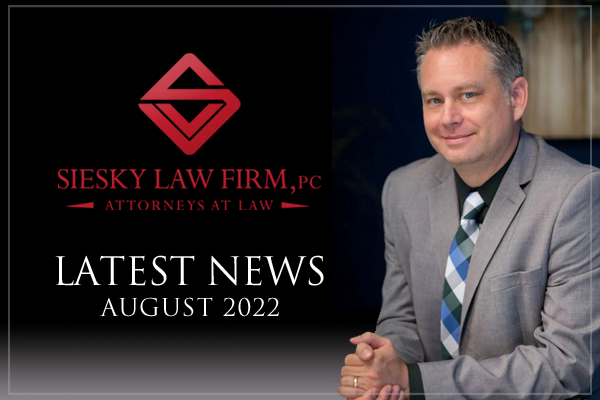
We’re excited that you’re here and thank you for taking the time to keep in touch with Siesky Law! We wanted to create a newsletter with the latest firm news and engaging articles, video and more on the latest law and community news. Please feel free to reach out to our firm with any questions or just to say hello, we’re always happy to hear from you.
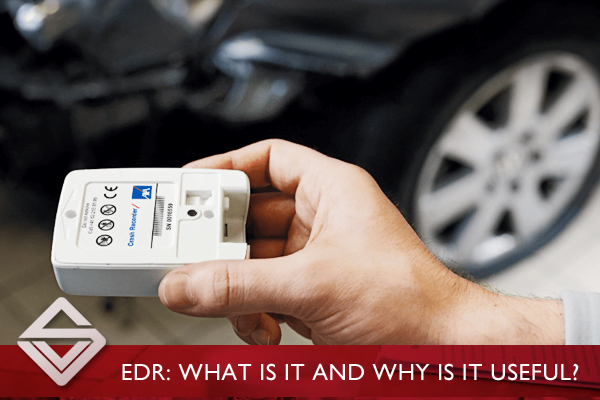
EDR: What is it and Why is it Useful in a Legal Case?
Event Data Recorder, or EDR, is a device installed in a motor vehicle to record technical vehicle and occupant information for a brief period of time, typically seconds, before, during, and after a crash. EDRs are typically contained in the airbag control module but can be contained in other vehicle modules.
The EDR will trigger a recording due to one of two events known as deployment and non-deployment events. A deployment event is typically when an airbag is deployed in the vehicle and a non-deployment event is when a vehicle experiences a crash without airbag deployment. The EDR records approximately the 5 seconds that happened pre-crash and can include things such as vehicle speed, brake status, throttle position, steering input, seatbelt status, and occupant detection. Some EDRs can further record items such as ABS activity, stability control status, tire pressure warning light, vehicle roll angle, and more.
EDRs and the data EDRs contain can be very useful as evidence in a personal injury case because it gives a picture of what happened to that vehicle before, during, and after the accident. This is very important when liability and fault are being questioned and can help accident reconstructionists or private investigators create a report of what really happened.
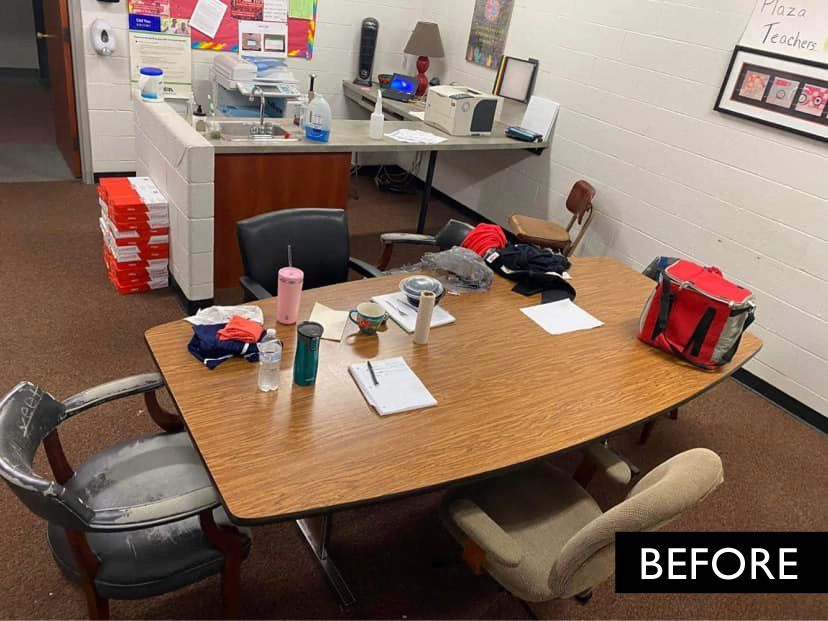
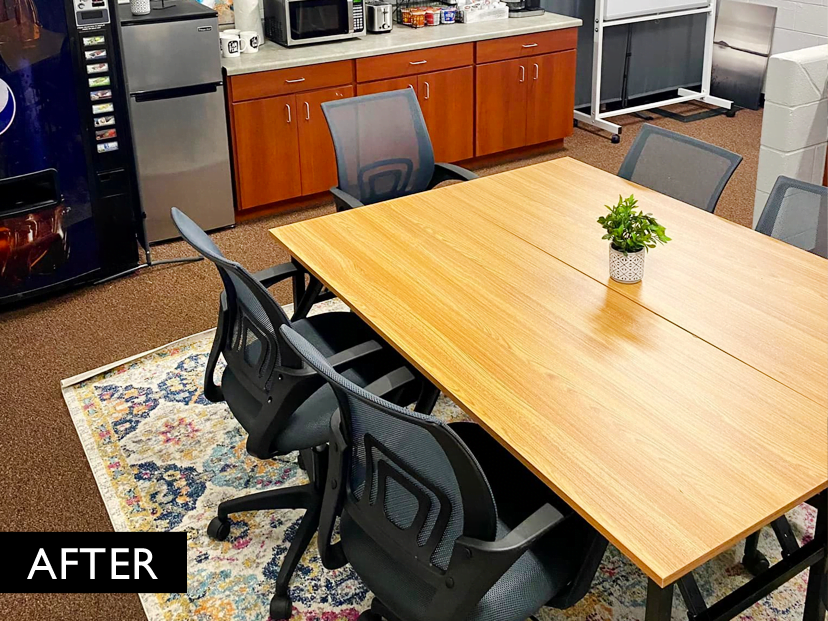
Plaza Park Break Room Makeover
For the past several months, we at Siesky Law Firm have been working closely with Penny Lane Coffee House and the EVSC Foundation to complete a break room remodel for Plaza Park International Prep Academy teachers and staff. Teachers are among the most dedicated and hard-working people in our community. We wanted to show our appreciation to some of the many by improving their lounge space to have a more productive and relaxing ambiance. Because of our partnership with Penny Lane Coffee House and the EVSC Foundation, we were able to update the paint, purchase new furniture, create a coffee and snack bar and create a more useful and organized area for some of our favorite teachers and community members.
– Nick C.
“This was a WONDERFUL start to our day! Thank you!”
– Hannah R.
“We, as a staff, are caffeinated, SO grateful, and so ready to start this year. The lounge looks amazing!!”
– Gabby W.
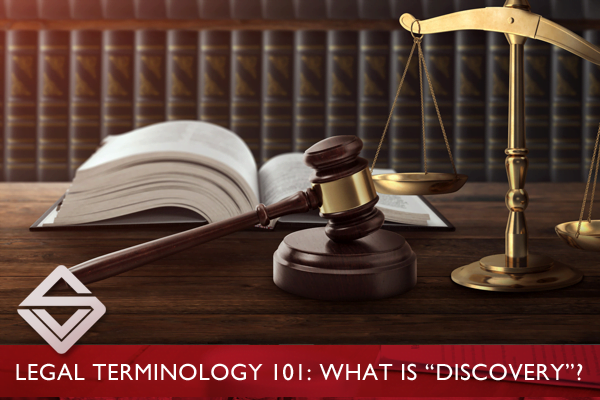
Legal Terminology 101: What is “Discovery”?
Discovery – The investigation that takes place after a lawsuit is filed but before going to trial. This is the time when facts and information are gathered about the other party to further build the case. Discovery can be written, in the form of interrogatories or requests for production, or orally which is typically in the form of a deposition.
Interrogatory – The exchange of written questions between parties or a lawsuit used to uncover important information to build a stronger case.
Request for Production – Used to gain access to documents, electronic data, and physical items held by an opposing party to build a stronger case.
Deposition – Testimony taken under oath whereby an attorney questions the other party or relevant witnesses. This can be done in person or via teleconference.
